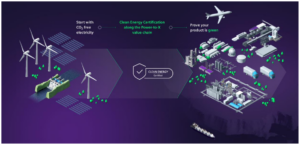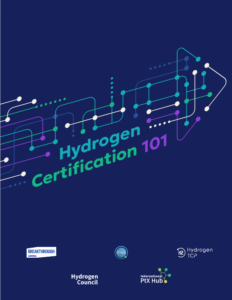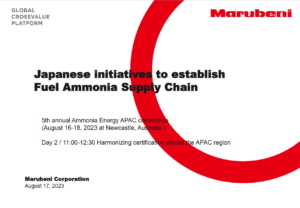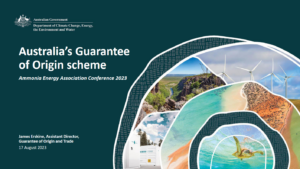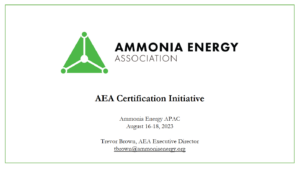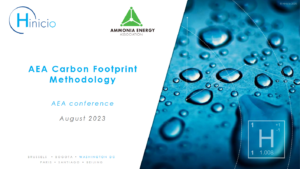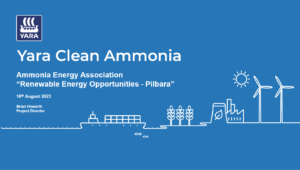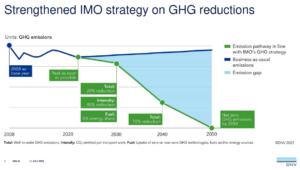Certification with blockchain: H2Global makes the case
In a new policy brief, H2Global sets out the case for the use of blockchain in hydrogen certification. The use of a decentralised, digital, public ledger for key certification data could support the development of radically transparent and secure schemes, though H2Global acknowledges blockchain’s key limitations. To illustrate its potential, H2Global points to the success of two currently operating schemes based on blockchain: “GreenToken” and “Clean Energy Certification as a service” (CEC).
